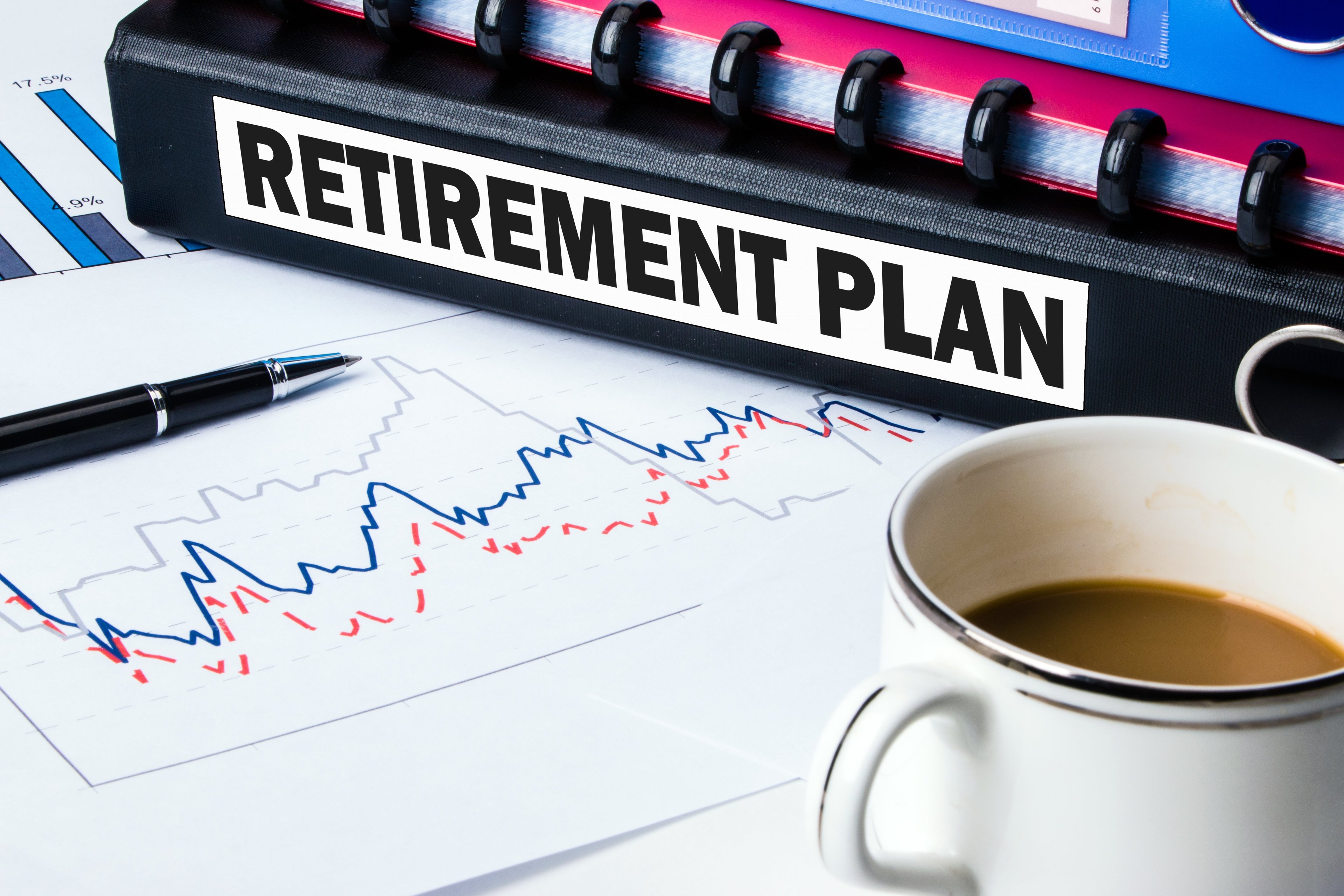
As a retiree, it's essential to make smart financial decisions. After all, you may not easily be able to rebuild your nest egg once it's depleted -- if you can rebuild it at all.
The good news is, you don't necessarily have to learn money lessons the hard way. In fact, just read on to find out 15 key things you need to know about managing money after leaving the workforce.
5 Winning Stocks Under $49
We hear it over and over from investors, “I wish I had bought Amazon or Netflix when they were first recommended by the Motley Fool. I’d be sitting on a gold mine!” And it’s true. And while Amazon and Netflix have had a good run, we think these 5 other stocks are screaming buys. And you can buy them now for less than $49 a share! Simply click here to learn how to get your copy of “5 Growth Stocks Under $49” for FREE for a limited time only.
Invest better with The Motley Fool. Get stock recommendations, portfolio guidance, and more from The Motley Fool's premium services.